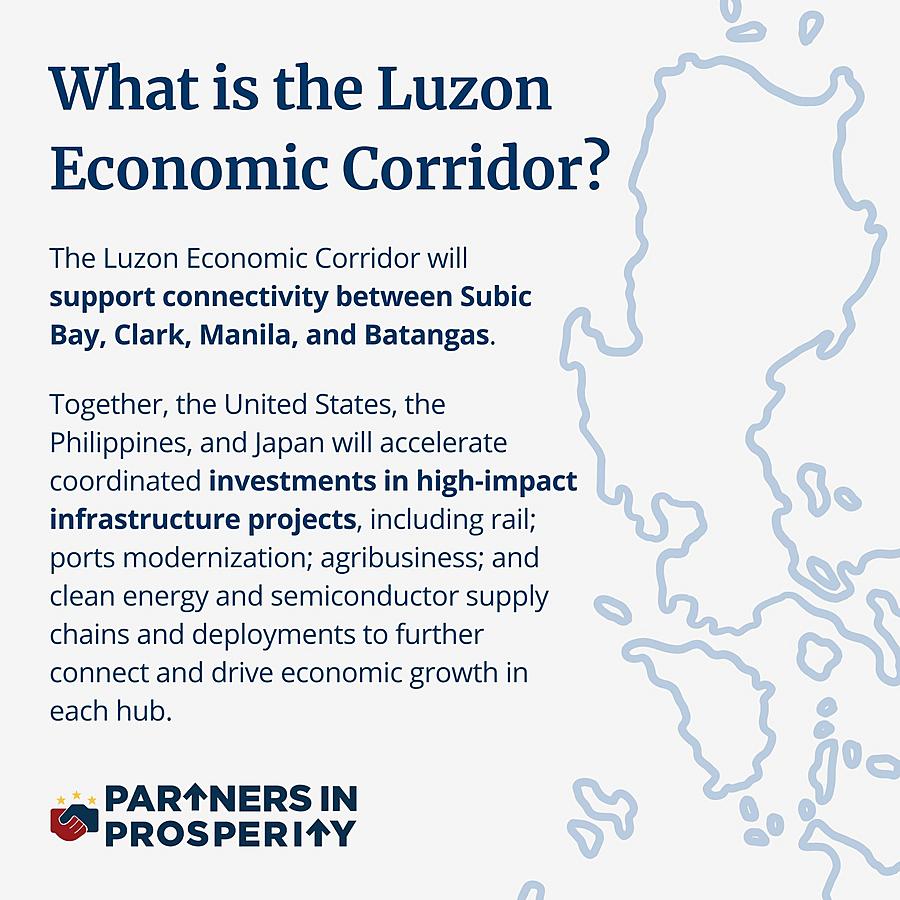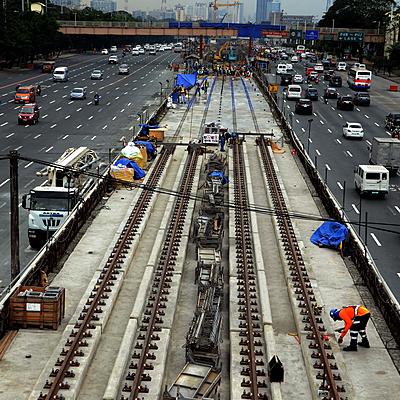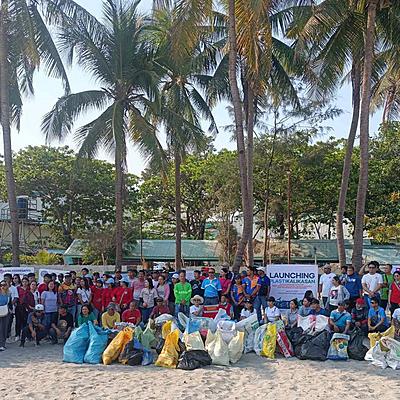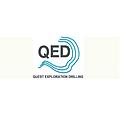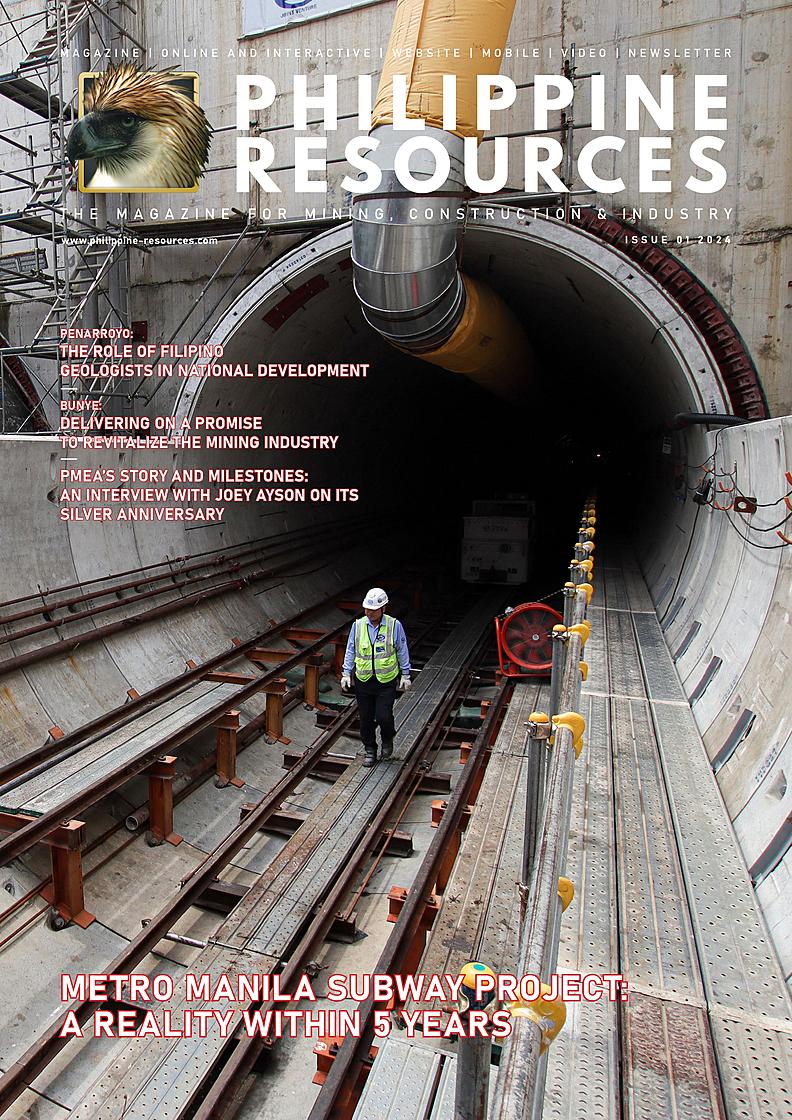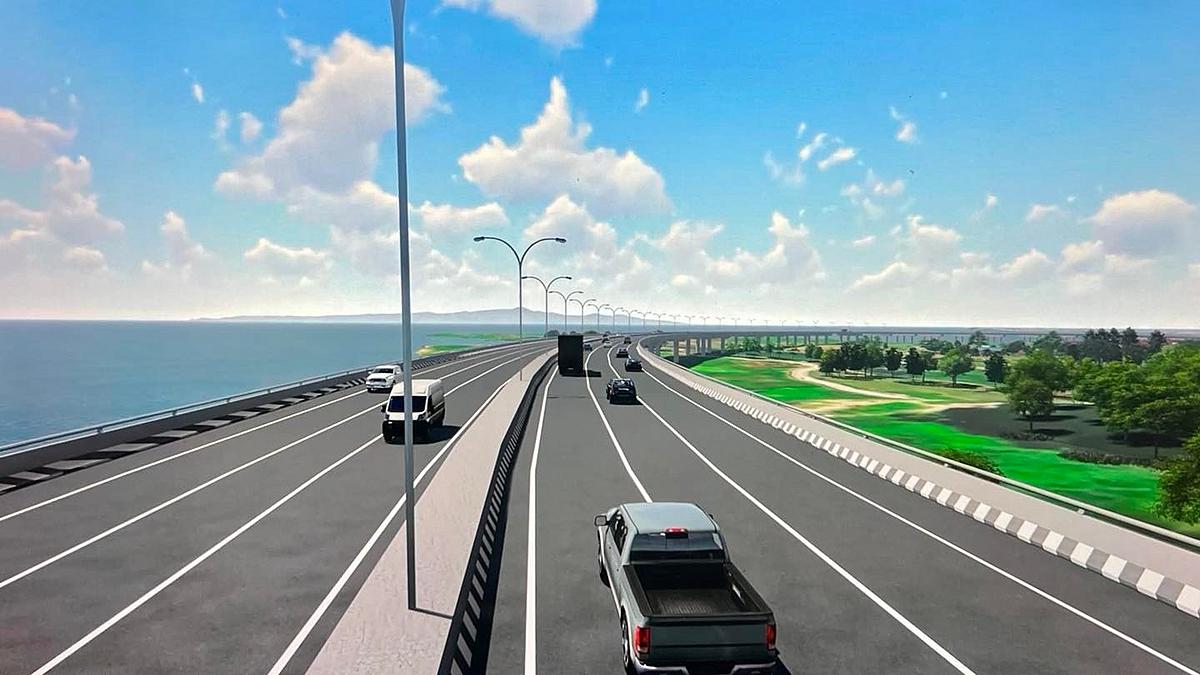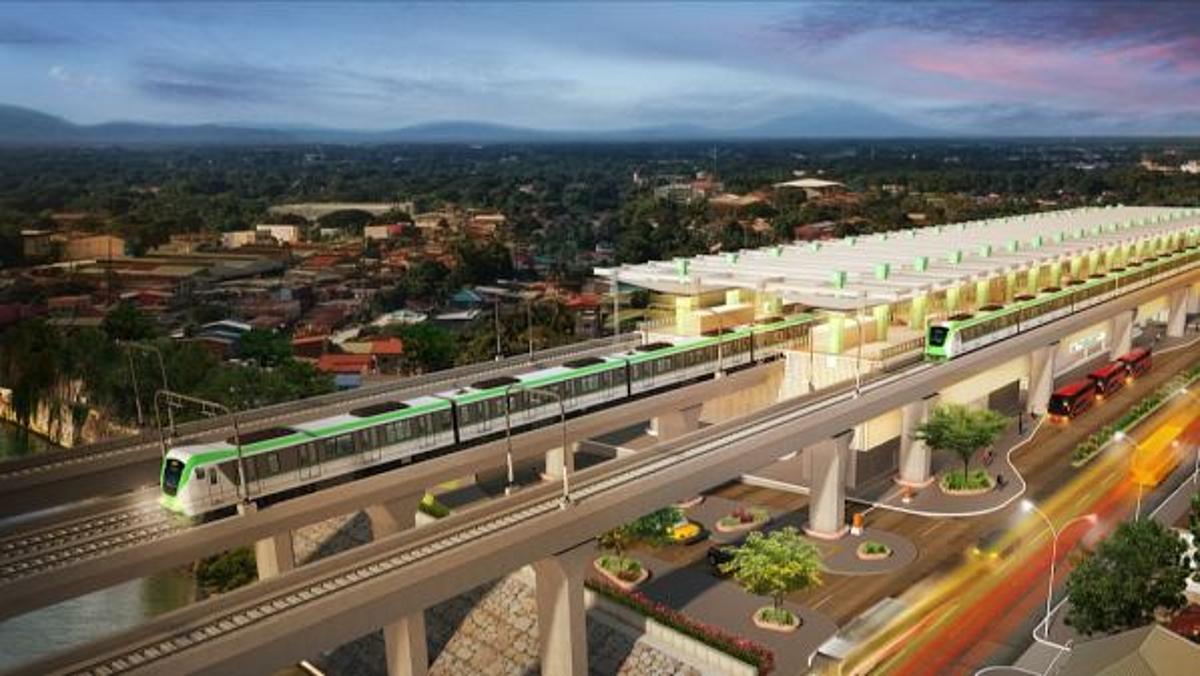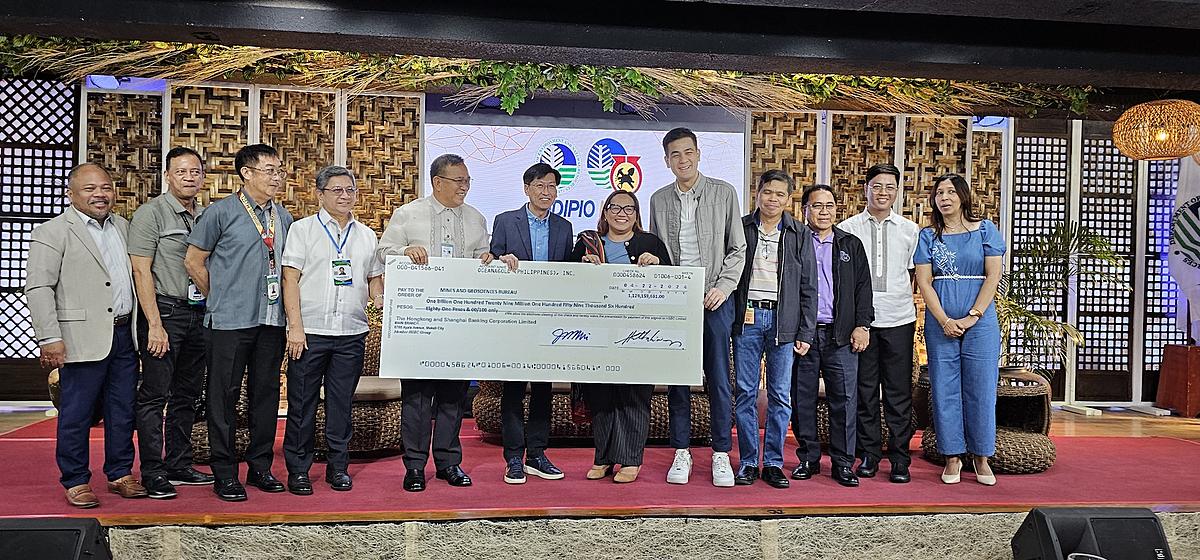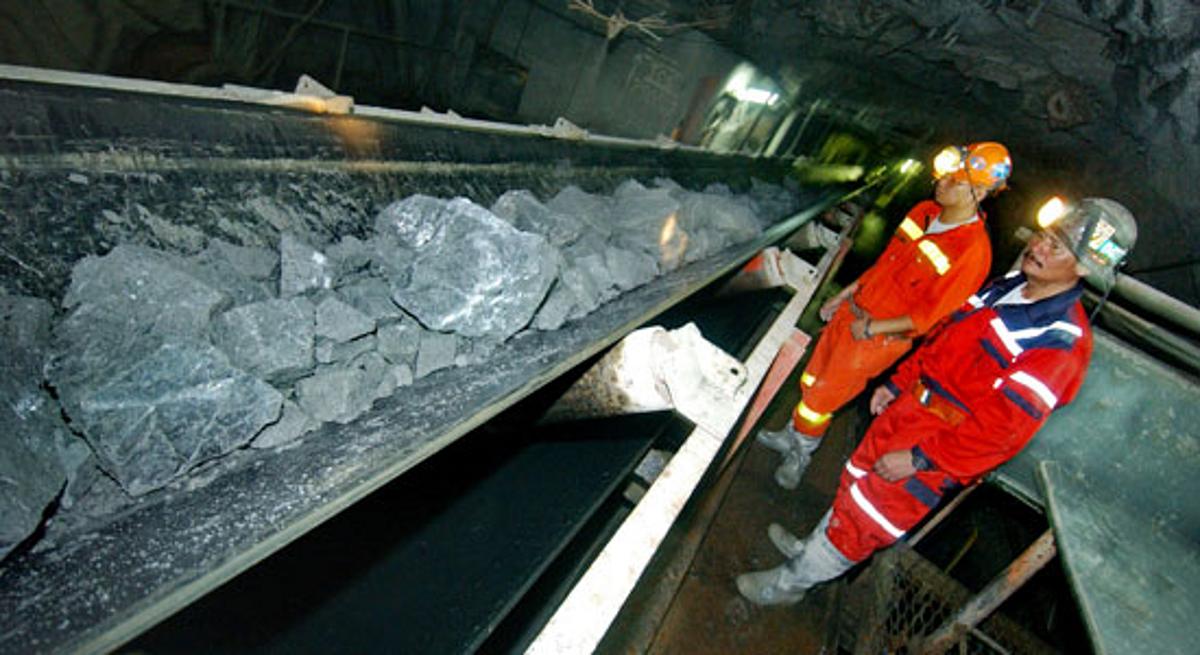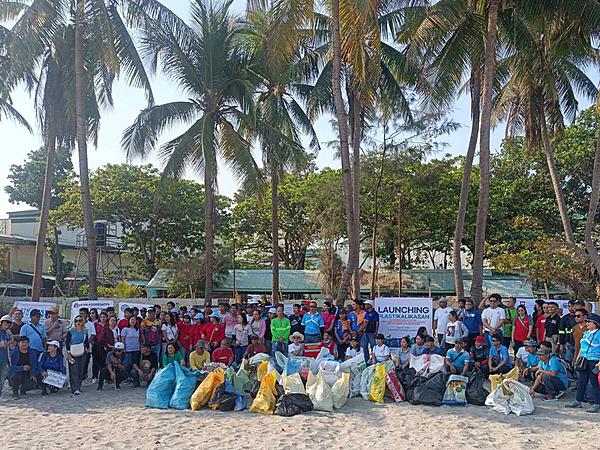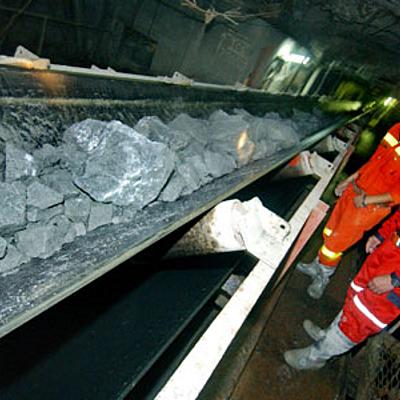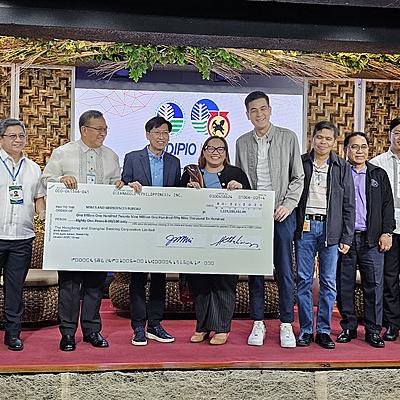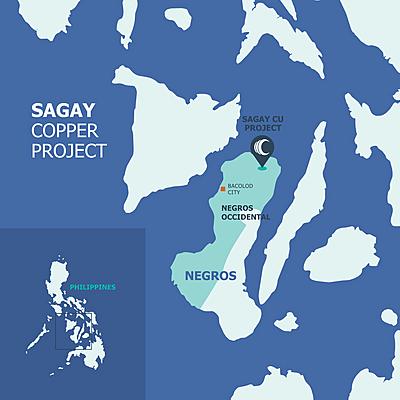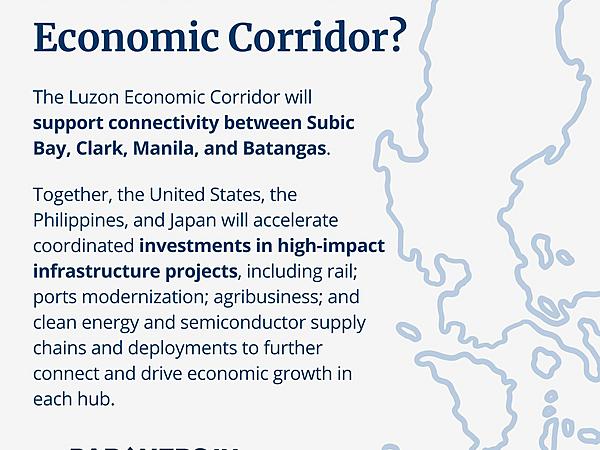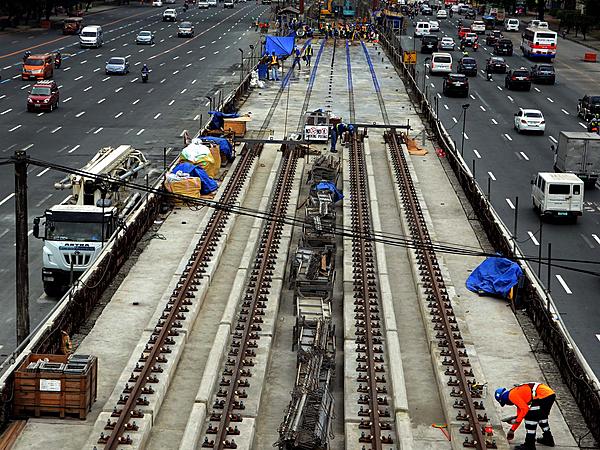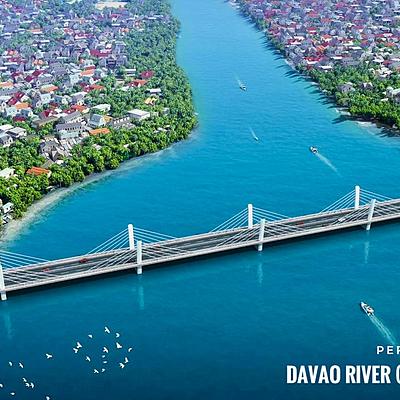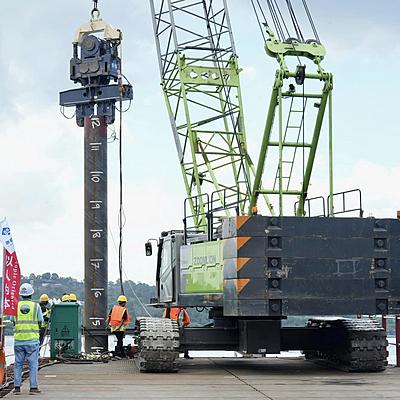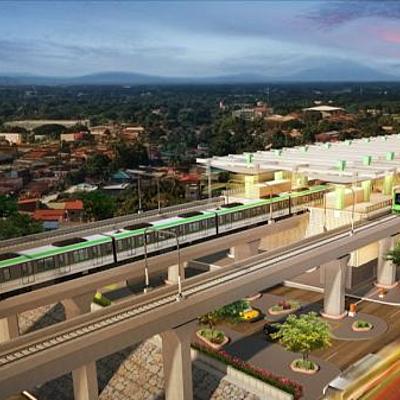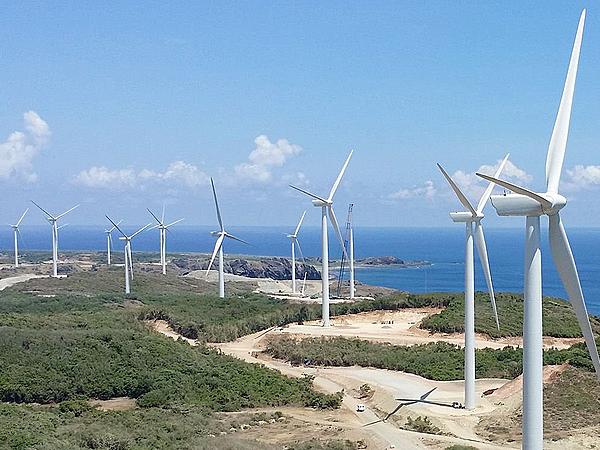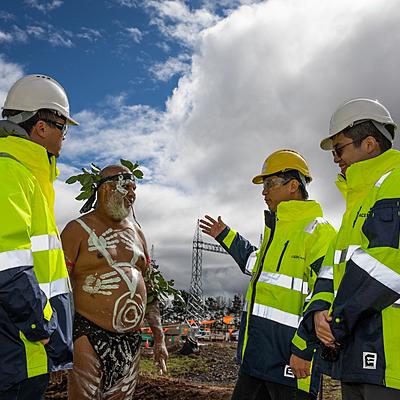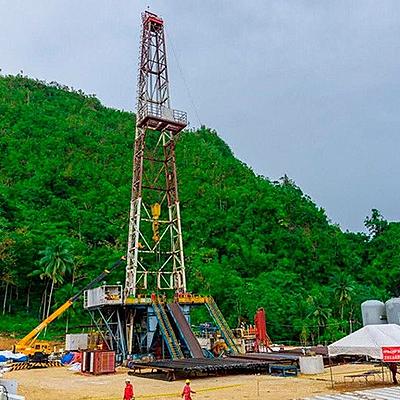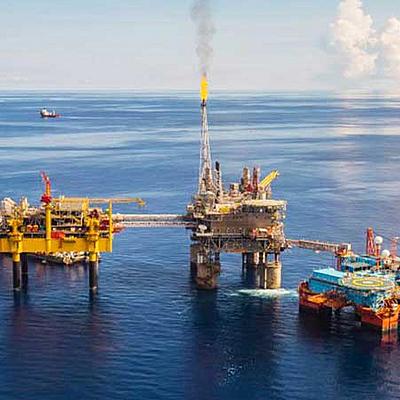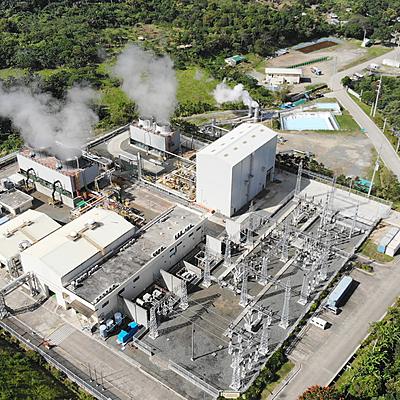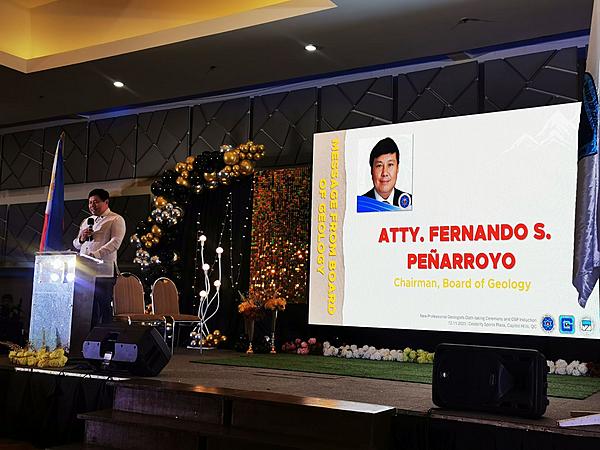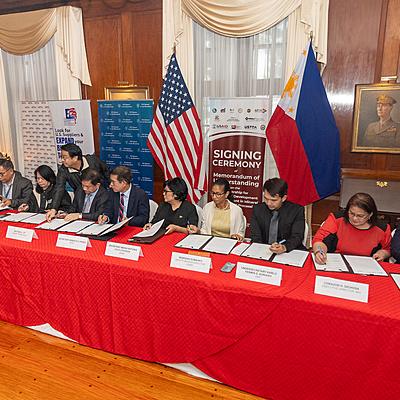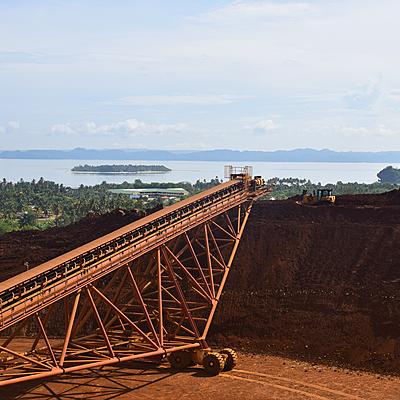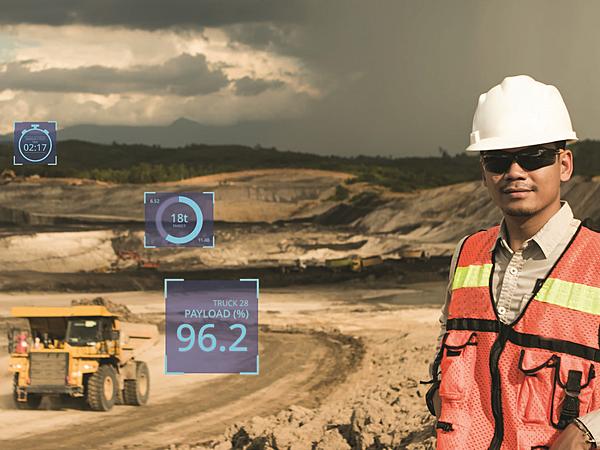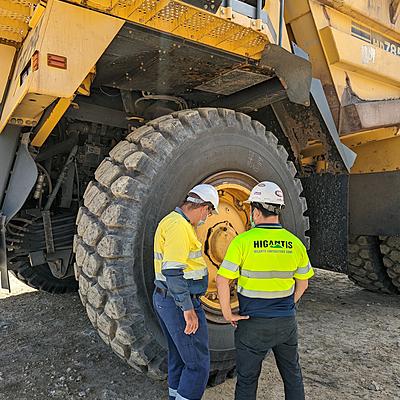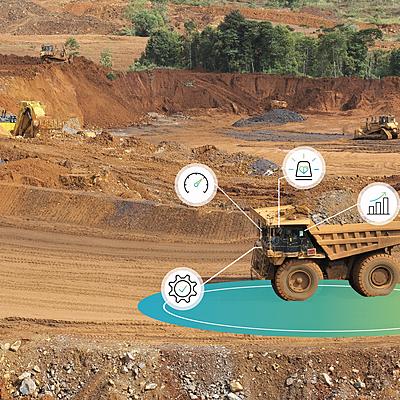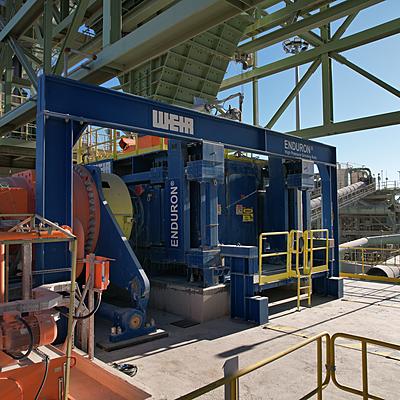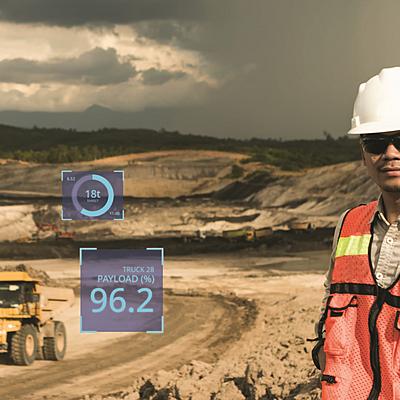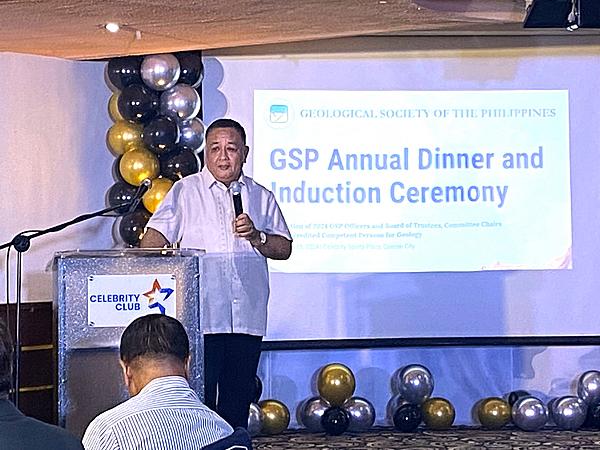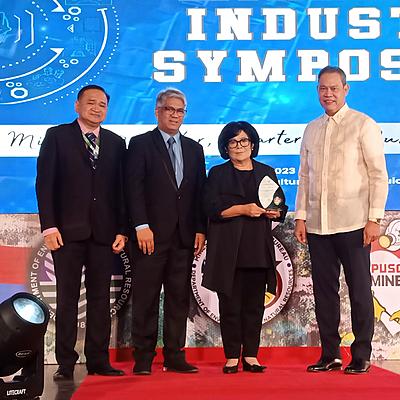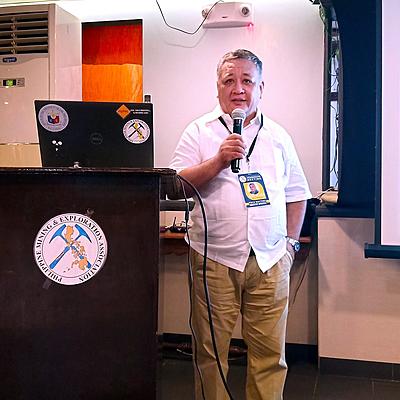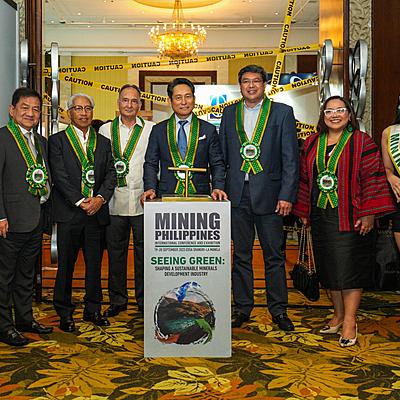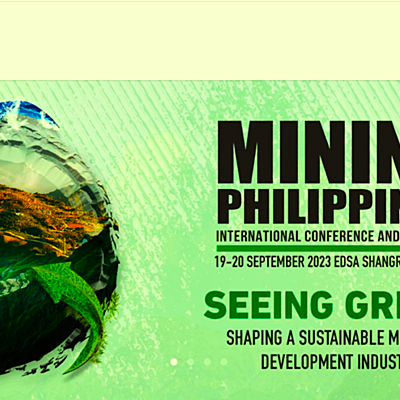Latest News
Trending News
The Mines and Geosciences Bureau (MGB) of the Department of Environment and Natural Resources (DENR) has commenced a nationwide, long-term program called PLASTIKalikasan to particularly address plastic waste in mining sites and its host and neighboring communities.
PLASTIKalikasan, with the help of stakeholders, serves as a platform for mining and mineral processing companies to collect, recycle, reuse, and dispose plastic waste. The program is set to be integrated into a company’s annual implementation of the Environmental Protection and Enhancement Program (EPEP) and ISO 14001:2015, allocated with appropriate and sufficient budget.
“At the DENR, our thrust on climate change adaptation and mitigation is at the forefront of our efforts. PLASTIKalikasan is not just a one-day clean-up project, it is a cornerstone of our strategy to build resilience against the impacts of climate change,” said DENR Secretary Maria Antonia Yulo Loyzaga, in a message delivered by DENR Undersecretary for Policy, Planning and International Affairs Jonas R. Leones.
The Annual EPEP outlines the methods and procedures a company will employ to achieve its environmental protection and management goals throughout the lifespan of the mine. Under the Philippine Mining Act of 1995 and its Revised Implementing Rules and Regulations, the EPEP should be prepared and approved before the commencement of mining.
Fifteen MGB Regional Offices spearheaded community clean-up drives during the Earth Day 2024 celebration to launch the PLASTIKalikasan program. Together with MGB offices, over 7,000 participants from mining contractors and permit holders, as well as volunteers from communities, local government, and non-government organizations joined the activity. The initial report showed around 47,000 kilograms of plastic and other solid waste were collected across several mining sites and its host and neighboring communities.
“I am delighted that our partners from the mineral industry, our local communities, and other stakeholders have partaken in this collective effort to restore, protect, and sustain our environment,” said Secretary Loyzaga.
“To our partners from the mineral industry, you play a crucial role in this endeavor. You share an equal responsibility in ensuring that your operations adhere to the highest standard of environmental protection and conservation,” she added.
MGB will officially incorporate PLASTIKalikasan in the EPEP for operationalization by 2025. A planned activity under PLASTIKalikasan is the implementation of an incentive program mechanism to motivate communities to actively participate in the reduction, recycling, or upcycling of plastic waste. Details of the mechanism, including the types of incentives and the criteria for eligibility will be developed by MGB. Another PLASTIKalikasan activity is the forging of partnerships between mining companies and non-government and recycling organizations.
According to the MGB, there are 59 operating metallic mines, 61 operating non-metallic mines, and eight mineral processing plants in the Philippines.
Several countries are investing in the Luzon Economic Corridor project, which can elevate the global status of the Philippines, according to President Ferdinand R. Marcos Jr.
In an interview with Chang Dae-hwan, chair of South Korea's Maekyung Media Group, in Malacañang, Manila on Thursday, Marcos said the project will intensively focus on key infrastructure such as ports, railways, clean energy, and semiconductor supply chain connecting Subic Bay in Zambales, Clark in Pampanga, Manila, and Batangas.
He particularly noted that the ongoing development in Clark City, which is a vital part of the Luzon Economic Corridor, has become an attractive destination for foreign investments due to the establishment of the Clark Freeport and Special Economic Zone.
“I expect it to be mostly American companies,” President Marcos said. “They have come in, and I like to think that the reason for that is because we have set up the system that’s attractive for their investment. And so, we’ll continue to [do] that and will be able to do even better if the [Luzon Economic] corridor is completed, and the travel times and the cost of travel of transport will be brought down."
He pointed out that the ecozones offer one common tax code and incentive scheme and locator companies do not have to deal with every local government unit.
The President said the ecozones are open to all investors looking for special incentives and special tax breaks.
"We have right now economic zones where anyone can participate,” Marcos said. “It’s not specifically only for Korea, only for one industry… but it’s open for everyone and what it provides. It provides a place where there are special incentives, special tax breaks specially tariffs on importation, sales tax because they don’t sell into the country."
President Marcos noted that Philippine special zones have been successful, adding that the government is counting on them to bring more success in the country.
The Bases Conversion and Development Authority earlier said the Subic-Clark Railway Project, expansion of the Clark International Airport, and the Clark National Food Hub are pitched to American and Japanese investors under the USD600-billion Partnership for Global Infrastructure and Investment of the G7 countries.
BCDA said the three projects are being endorsed for the proposed Luzon Economic Corridor. By Filane Mikee Cervantes
Article courtesy of the Philippine News Agency
The Philippines, the United States and Japan on Friday expressed intent to advance their trilateral cooperation on clean energy.
The commitment was made during the historic trilateral summit of President Ferdinand R. Marcos Jr., US President Joe Biden and Japanese Prime Minister Fumio Kishida at the White House in Washington DC.
In a joint statement, the three leaders acknowledged the existential threat of the climate crisis, and cited the need to take urgent action to reduce greenhouse gas emissions in line with a 1.5 degrees Celsius warming limit, and accelerate efforts to build clean energy economies.
“Our three nations seek to expand trilateral cooperation in the Philippines on the deployment of clean energy technologies, including renewable energy projects such as solar and wind, to support energy requirements in the Philippines and help ensure a just energy transition,” they said.
“Japan, the Philippines, and the United States are working together to expand cooperation for the transition to clean energy and create high-standard, clean energy supply chain jobs across our three nations through the mutually beneficial development of resources in clear, transparent, and fair market competition with strong protections for labor rights and the environment.”
Marcos, Biden and Kishida also sought to expand the three nations’ partnership on safe and secure civil-nuclear capacity building, as they recognized the Philippines’ request for further training and capacity building for nuclear scientists, engineers, and relevant personnel and policymakers.
Under the Foundational Infrastructure for Responsible Use of Small Modular Reactor Technology (FIRST) program, the US and Japan plan to co-host a nuclear energy study tour in Japan for nuclear experts and policy decision-makers from the Philippines and other FIRST partner countries.
“We also plan to deepen trilateral cooperation on civilian nuclear workforce development through a trilateral dialogue this year, to advance the Philippines’ civil nuclear energy program,” the three leaders said.
They welcomed the first Nuclear Energy Summit in Brussels on March 21. Over 35 countries, including Japan, the Philippines, and the United States, will participate in the event.
They also expressed support for critical minerals industries as a way to promote resilient and reliable global supply chains for critical minerals.
“We share the goal of producing and supplying battery materials and batteries for electric vehicles and energy storage systems for the global marketplace. The United States, under the International Visitor Leadership Program, plans to manage a clean energy supply chain training program for select participants from Japan and the Philippines,” they said.
“In addition, the United States and Japan look forward to the Philippines being a founding member of the Minerals Security Partnership Forum, which signifies an important step towards securing and diversifying our collective clean energy supply chains.”
Reduction of nuclear risks
Meantime, Marcos, Biden and Kishida called for the complete denuclearization of the Korean Peninsula, as they condemned the North Korea’s “escalatory threats and unprecedented number of ballistic missile launches, including multiple intercontinental ballistic missile launches, which pose a grave threat to peace and security.”
They said North Korea’s actions have “severe security implications” for the Indo-Pacific and European regions.
“We strongly urge the DPRK to comply with the relevant UN Security Council resolutions, and refrain from continued development, testing, and transfer of ballistic missiles to any country, including Russia, which has used these missiles against Ukraine,” they said.
“As we continue to affirm our commitment to international law, including the United Nations Charter, we reiterate our unwavering support for Ukraine’s sovereignty, independence, and territorial integrity within its internationally recognized borders.”
They said the threats of nuclear weapon use in the context of Russia’s invasion of Ukraine are “unacceptable,” adding that any use of a nuclear weapon “would be completely unjustifiable.”
"To that end, we recall the United Nations General Assembly resolutions stating that no territorial acquisition resulting from the threat or use of force shall be recognized as legal,” they said.
They also urged nuclear weapon states to promote stability and transparency, as well as engage in substantive dialogue on reducing nuclear risks.
“We reaffirm our joint pursuit of a world without nuclear weapons, with the Nuclear Non-Proliferation Treaty as its cornerstone,” the three leaders said.
“As founding members of the ‘FMCT (Fissile Material Cut-Off Treaty) Friends,’ we also call for the immediate commencement of long-overdue negotiations on a treaty banning the production of fissile material for nuclear weapons.”
As Chairperson of the Professional Regulatory Board of Geology, December of last year was quite a busy month. I was given the honor to present the keynote speech during the opening of the Geological Convention (GeoCon) 2023 last 05 December 2023 and the Oath Taking Ceremonies for New Geologists on 11 December 2023. In my speeches, I emphasized the important relationship between geology and national development as geoscientific data and knowledge are essential for informed decision-making and policy-setting in various areas of the economy. The profession is important in the primary production of mineral and energy resources, infrastructure building, advancement of science and technology, and prediction and cost-damage avoidance through better understanding and mitigation of natural hazards.
During GeoCon 2023, I started my speech with a reflection on the recent onslaught of different calamities and super typhoons that ravaged our country in the last few years. These devastating disasters have had far-reaching impacts, hindering the development and growth of our nation. These highlighted the urgent need to address climate change, not just on a local scale, but as a global concern that affects every aspect of our society.
While the Philippines is a minor contributor to global greenhouse gas emissions, we are undeniably one of the most impacted nations, facing the imminent threat of rising sea levels due to increasing global temperature. Hence, we must recognize that climate change is not an isolated issue. It is an integral factor in our national policy. It is our collective responsibility to tackle this challenge head-on and without hesitation.
To address these challenges, the geology profession must embark on a journey of energy transition, building the capacity for resilient communities and a resilient nation. It is imperative that we develop our green economy, as it holds the key to unlocking numerous job opportunities, livelihoods, and the sustainable future we envision for our people. However, this transition will require a collaborative effort between the government and the various industries that strive to achieve the same goal, and thus, we must work hand in hand to achieve this ambitious goal.
Renewable energy technologies, such as wind turbines, solar photovoltaic panels and batteries, are essential for transition to climate neutrality. Deployment, maintenance and replacement of this infrastructure requires significant resources, including many substances in the list of critical raw materials.
Addressing Wastes
However, waste arising from end-of-life clean energy infrastructure is projected to grow up to 30-fold over the next 10 years. This presents significant opportunities to reduce consumption of scarce raw materials by recycling metals and other valuable resources back into the production systems. Waste arising from the development and use of renewable energy infrastructure includes rare earth elements as well as other valuable materials such as steel, copper and glass.
The fast pace of technological development means that equipment can be subject to relatively rapid obsolescence and can generate complex waste streams. These present technical and logistical challenges for managing this infrastructure at the end-of-life stage. Recovering materials and reintroducing them into the production cycle faces challenges. Policy makers and industry can address the waste and resource challenges associated with the shift to renewable energy technologies through circular economy approaches.
Critical Minerals
The Philippines has grand ambitions to take on the global electric vehicle boom with its nine million hectares of land with high mineral potential. Government estimates suggest less than five percent (5%) of our country's mineral reserves have been extracted so far.
The country is already, after Indonesia, the world's second-largest producer of nickel and the fourth-biggest producer of cobalt. Nickel and cobalt are among the critical minerals crucial to the modern technological world and the clean energy transition. Both are essential elements for electric vehicles batteries, consumer electronics and advanced defense technologies.
However, the Philippines also faces competition from other nations in seeking new investments in critical mineral exploration, development, and processing. At the same time, mining regulatory policies are complicated as the industry has long been synonymous with environmental destruction and social dislocation.
The End of Fossil Fuels?
Developments in clean energy transition have led to an assumption that the world economy is “done” with fossil fuels. There is no need for further development of new non-renewable energy resources, and we have to stop using them as soon as possible. This assumption has also led to a perception of “good” renewables-based technologies, on the one hand, and “bad” fossil fuels-based technologies, on the other.
The reality is that this debate requires a more thorough analysis. Carbon capture and storage technology and managing methane emissions throughout the fossil energy value chain can help meet ambitious CO2 emission reduction targets while fossil fuels remain part of the energy system. This will allow fossil fuels to become "part of the solution", rather than remain "part of the problem". All technologies have a role to play in an energy system as long as they are guided by rational economics.
Addressing the issue of sustainable energy requires the engagement of all possible groups of stakeholders. Ignoring the role of fossil fuels will have a negative effect. Many developing countries, like the Philippines, have large untapped fossil fuel resources that they intend to use to develop their economies. Insisting that they forego the use of these resources in favor of renewables is likely to create repercussions in their economies. Let us be reminded that the developed countries built their existing economies on fossil fuels and are still heavily relying on them. The Philippines, with untapped natural gas reserves in offshore Palawan, can use its resources to develop its economy.
Rather than a “non-fossil fuel” agenda, a more pragmatic approach should be used to create a more-balanced strategy. Our government regulators should encourage the use of a broad range of resources available - energy efficiency, renewables, and fossil fuels in a sustainable manner. I see no need to join the bandwagon of banning the exploration, development, and utilization of our fossil-based resources. Energy security must be the primordial objective of the Philippine government. Let me say it again. The Philippines is a minor contributor to global greenhouse gas emissions.
The other stakeholder group that is often vilified in the energy transition agenda is the private sector in the fossil fuel industry. In fact, the private sector holds the expertise and often the financial resources to support the needed change to an inclusive green economy. For example, experience in petroleum drilling can be applied to the geothermal industry. Using the financial resources of the big companies along with their knowledge and experience, can facilitate the energy transition. Governments should instead encourage them to diversify to green energy and use environment, social, and government or ESG standards in sustainability reporting. Treating them like outcasts will make the energy transition harder and more expensive.
The Role of Filipino Geologists
Filipino geologists are in the forefront of fueling the energy transition journey. Geoscientists are employed in a wide variety of jobs, from traditional mining and petroleum to many new areas such as water quality and supply, land-use management and geologic hazards. In a global study, employment of geoscientists is expected to grow 5% in the next 10 years, which is faster than the average for other professions.
Science, policy, public health, engineering, education, law, business— all of these fields overlap with the understanding of the earth that comes with a degree in geosciences. The continued need for energy, materials, including the critical minerals for energy transition is projected to increase demand for geoscientists in the future. Responsible stewardship of land and resources are also regularly being deployed in fields that focus on renewables such as hydrothermal power, geothermal, and sites for solar and wind.
It’s also important to note that automation and artificial intelligence don’t necessarily mean there’s no future for geologists. What it means is that geologists, like many other professionals, need to learn new skill sets. Robots may be taking over areas such as field mapping and routine jobs like soil and rock sampling but ultimately humans make the final decisions about what to do with the data and information. It’s also human geologists who have to explain to higher management what all the data and information mean! Automation and AI is an opportunity to learn and apply new skills. Let us all embrace change and become digital-savvy geoscientists!
In my speech during the oath taking of new geologists, I emphasized that the Professional Regulation Commission (PRC) will spare no effort to provide the support necessary to address the pressing concerns that hinder the professional development of our geoscientists. And even as the PRC invests in infrastructure and institute reforms to improve the geology profession, it will continue to channel the hard-earned money of our taxpayers to empower our geologists—making them productive contributors to the continuing cycle of opportunity and progress.
The PRC bear witness to the oaths of exemplary and honorable geologists who have been, and who will continue to be assets to our country. These individuals became leaders and trailblazers in our profession — exemplars of patriotism, of excellence, and wholehearted service throughout their careers and endeavors.
For geologists who will join government, public service is no easy task. Serving in an office with such a significant and influential role in the nation’s affairs will be difficult. Life in government will always be hard and challenging, but every service delivered brings purpose, it brings fulfillment. They will be assured of PRC’s unshakable commitment to their protection and welfare, to ensure that they are provided with the necessary tools to perform their tasks and duties in the fulfillment of their service to the nation and the people.
The persistent critical challenge presented is to ensure an improved quality of life and economic growth, while reducing the environmental footprint of the resources sector. The transition to a sustainable energy system is an opportunity to improve energy efficiency from exploration to consumption, minimize environmental impacts, reduce energy use and carbon footprints, and correct energy market failures and leakages.
Taking advantage of the opportunity will require a coordinated policy review and reforms across many sectors, most especially from the ranks of Filipino geologists. The idea of green mining and the presence of stringent environmental compliance measures may not be enough to make mining widely acceptable to the public. It is their responsibility then to explain the importance of resource development to the general public.
I ended my speech by thanking our Filipino geologists, for their dedication, expertise, and unwavering commitment to our beloved nation. The Filipino geologists can make a real difference in climate change mitigation, digital transformation, and clean energy transition, and most especially in the pursuit of a sustainable and prosperous future for the Philippines.
Fernando “Ronnie” S. Penarroyo specializes in Energy and Resources Law, Project Finance and Business Development. He is also currently the Chair of the Professional Regulatory Board of Geology; the government agency mandated under law to regulate and develop the geology profession. He may be contacted at fspenarroyo@penpalaw.com for any matters or inquiries in relation to the Philippine resources industry and suggested topics for commentaries. Atty. Penarroyo’s commentaries are also archived at his professional blogsite at www.penarroyo.com
Weir, the global leader in technology driven mining solutions and sole manufacturer of Linatex® premium rubber, has introduced new branding to their iconic red rubber. Linatex® premium rubber is renowned for its unparalleled wear life and total cost of ownership benefits, this new enhancement is a definitive stand against imitators selling inferior red rubber products under the Linatex® name.
To fortify the authenticity of Linatex® premium rubber, and protect its customers from subpar imitations, a significant branding enhancement has been implemented. All Linatex® premium rubber is now branded with four rows of black Linatex® logos, strategically placed along the length of the rubber roll. This distinctive branding will provide a clear and unmistakable identifier of the genuine Linatex® premium rubber. Extensive testing has confirmed that the black ink does not affect the unbeaten abrasion-resistant properties of the rubber that has been the industry’s first line of defence against abrasion for a century.
The introduction of this new branding will enable customers to instantly, visually, verify the authenticity of their premium rubber products. The presence of the black Linatex® logos will be a guarantee of superior quality and performance.
Linatex® premium rubber is made from 95% natural latex using a unique liquid-phase process patented in 1923. Remarkably, its formulation and manufacturing process have remained unchanged for a century, with Weir Minerals Malaysia proudly serving as the sole manufacturer of Linatex® premium rubber in the world.
Only Linatex® premium rubber provides the ultimate defence against abrasion. Customers are encouraged to always look for the Linatex® logo on their red rubber lining products. If it doesn't bear the "Linatex® " mark, it's simply not Linatex® .
By implementing these changes, Weir reaffirms its unwavering commitment to delivering the best-in-class wear solutions and protecting its valued customers from imitation products in the market.
Mark Doyle, Global Product Manager for Rubber, says, “Linatex premium rubber has been manufactured exclusively by Weir for 100 years and is the ‘go-to’ rubber to protect equipment from erosive damage. Imitators have tried to emulate Linatex with inferior red rubber – which can cost you money and potentially harm your people and the environment due to poor performance and unknown failures. Now when you buy a roll of branded Linatex rubber, you can see you are receiving the genuine Linatex premium rubber”
[Quezon City] Dec. 5-6, 2023 - During the GEOCON 2023 of The Geological Society of the Philippines (GSP), various scientific presentations discussed energy transition, innovative studies and technology applications on Earth Science, and more. The theme of the two-day conference is “Our Natural Resources: Fueling the Energy Transition Journey”.
GSP President, Mr. Joey Nelson R. Ayson said that this aptly captures how we recover from the effects of Covid-19 pandemic and at the same time put Environmental, Social, Governance (“ESG”) at the forefront of their activities. He stated, “It also highlights the significant contribution of geologists and geosciences in general to our socio-economic development, environmental sustainability, and climate change adaptation activities.”

